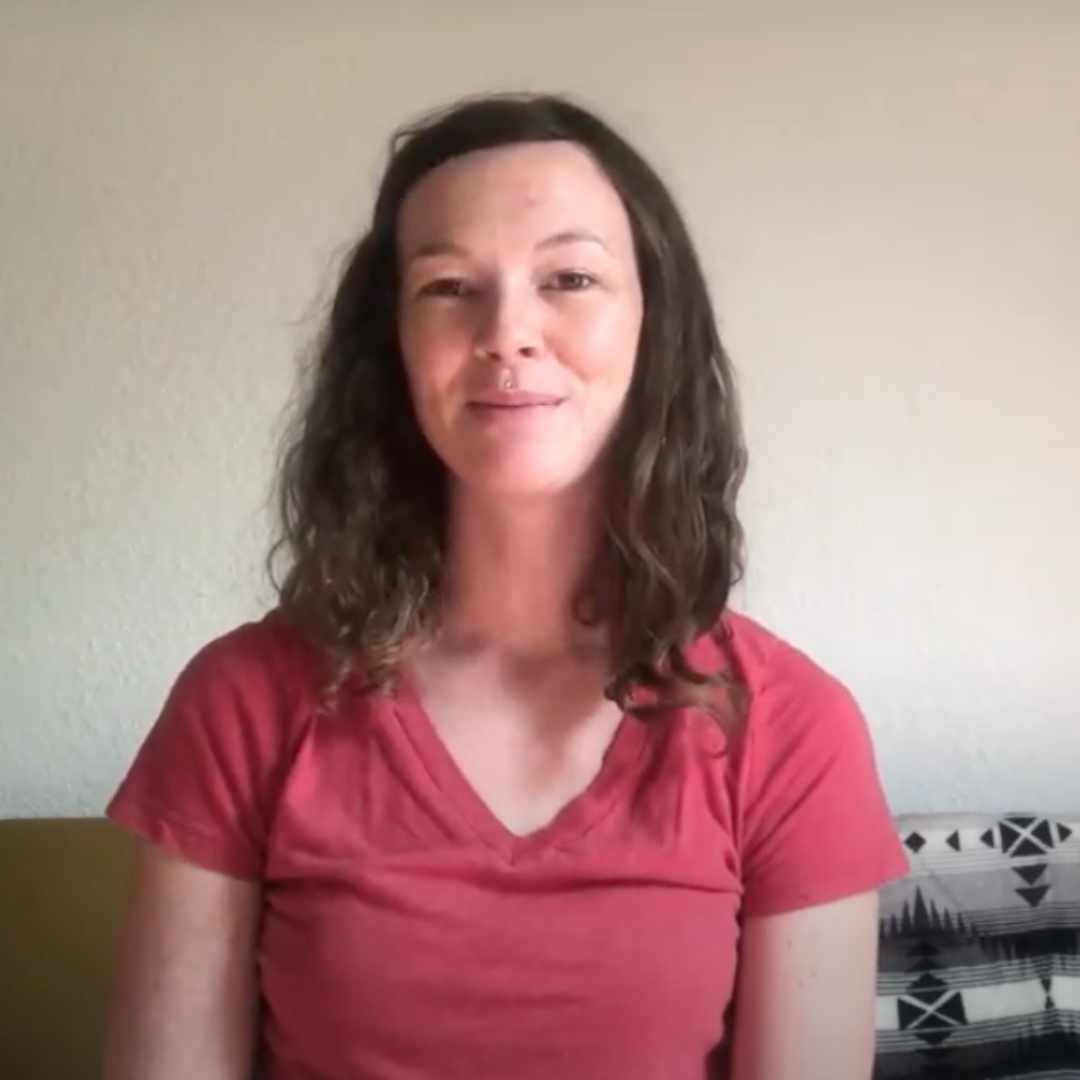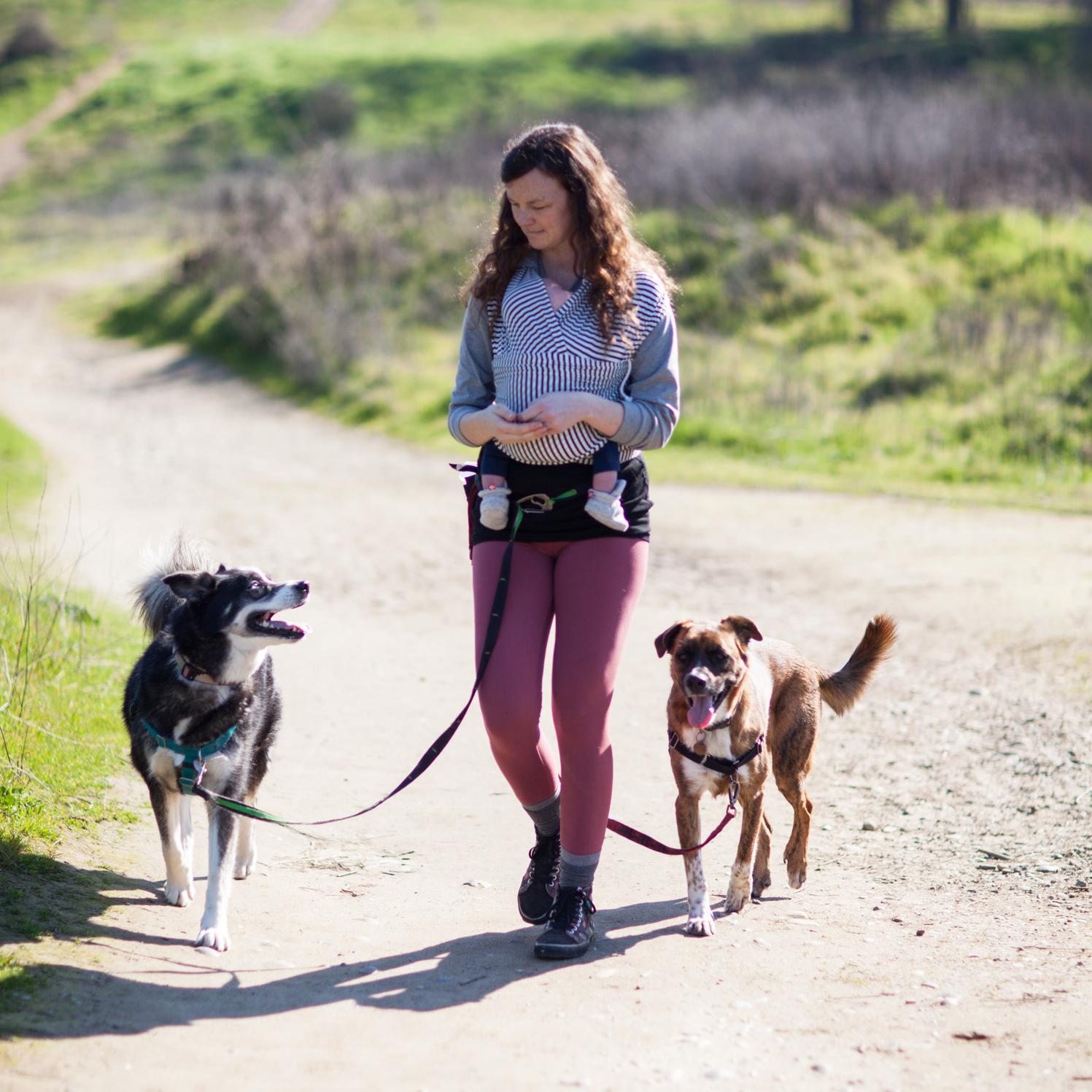The key to potty-training a puppy or adult dog is to prevent accidents before they happen.
How do you do that? By using good management - that means doing everything in your control to make it easy for your dog to succeed.
No surprise, pet parents often put potty-training at the top of the list when asking for help in teaching their new dog how to settle into family life. So let's jump into the simple steps and secrets certified professional trainers know that will help you house-train your pup like a pro.
Your Dog's Plan
Stop! Don't read this long article. Instead, get everything you need to know, including all advice on , in a customizable step-by-step plan for your dog created by our community of certified trainers and nutritionists.
The secret to house-training: setting the stage to make it easy for your puppy to do the right thing
That's really the secret of all effective dog training - focus on the behavior we want to see in our dogs, set them up to be successful by anticipating and managing our environment, and reward that good behavior with positive reinforcement so our pups want to do it again and again.
Whether your newly adopted dog is a puppy or adult dog, the potty-training process for your new dog is much the same. One exception is that puppy potty-training means different timing since young puppies haven't yet developed physically to be able to hold it as long.
So if you've adopted an adult rescue dog who has been living in a shelter or kennel environment and hasn't yet mastered house-training, a management plan similar to the plan to potty-train puppies below will set up your dog for success in his or her new home environment!
(For more context, you can also watch the accompanying video below as I take you through the steps to getting your new dog or puppy fully house-trained.)
Here are 4 essential steps for you to do for successful puppy/dog potty training using good management:
#1: Create a safe area where your puppy can hang out.
Instead of giving your dog free access to the entire house unsupervised, carve out a safe area in your living space where your dog has enough room to comfortably hang out, play, and be part of the family action and can be under your constant supervision. Too much free rein is an invitation to curious dogs to wander off and find trouble - of all kinds, from finding a good pee spot in a remote corner to chewing your favorite shoe.
Try this
You can use baby gates, ex-pen, a dog crate with an open door in an ex-pen if you're crate training, or any combination of these to create a confined area that works for you and your dog. Giving new dogs the run of the house while being potty trained is probably the #1 mistake I see pet parents make in the potty training process.
So carve out your dog's safe space and you'll be going a long way toward setting the stage for our primary goal: preventing potty training accidents before they happen!
Interested in ? Follow topics you're interested in to customize your dog’s step-by-step plan so it's most helpful and tailored to your dog when you're ready to get started.
#2: Take your puppy outside OFTEN for potty breaks.
Especially for puppies, you'll want to take your dog for more frequent trips outside for potty breaks. As a rule, take your puppy out for a potty break after each of these events:
- Eating
- Drinking
- Playing
- Napping
You're likely on a predictable feeding schedule for your puppy so those outdoor trips at least can be on a predictable, consistent schedule as well. For the other potty breaks, you and/or other household members will want to keep a consistent sense of what your puppy is up to in terms of play, napping, etc (so much more doable when you've followed step #1 and your puppy is easily in someone's field of vision).
Pro tip: Your puppy can only hold her/his bladder for about 1 hour per month of life. So a three month old puppy can only hold it about 3 hours maximum. Err on the side of caution and take your puppy out even more often than that when potty training.
You may want to set the timer on your phone to remind you to get your puppy out in plenty of time to avoid accidents. The time goes by surprisingly quickly, and it's so easy to miss it when working from home or consumed by any number of everyday things.
Your Dog's Plan
Stop! Don't read this long article. Instead, get everything you need to know, including all advice on , in a customizable step-by-step plan for your dog created by our community of certified trainers and nutritionists.
#3: Keep your outside potty trips focused on the task at hand. Post-success: rewards - including freedom!
Your outside rhythm should go something like focus, success, immediate rewards aka treats, praise, freedom.
What that means exactly...
Pro tip: Keep your puppy on a leash for those bathroom breaks so she/he stays on task.
Especially for puppies, a leaf blowing by or the presence of a squirrel are attractive distractions from the task at hand, and your dog might forget the original purpose of the trip outside. At least initially, keeping your puppy on leash will help keep the focus on track. Then, when your dog has gone potty, you can make the experience EXTRA rewarding by letting him or her off leash (if you're in a closed in area) to explore as well as delivering the reward of special treats.
Use a special, extra-tasty treat that has high value in your dog's eyes. You always want to deliver treats immediately after your dog's good behavior since dogs connect the reward with what happened that instant.
Pro tip: Be sure to have treats in hand or in a treat pouch when you take your dog out
If you have to go back into the house for the treat reward, your dog's brain will connect it to whatever is happening in that moment not a few minutes before when you had potty training success outside.
Pro tip: Once your pup is successful, you can make the experience EXTRA rewarding by letting him or her off leash (if you're in a closed -in area) to explore.
You want your pup to connect this freedom and fun with successfully completing their potty task. You don't want your pup to feel that as soon as he/she is successful, the fun stops and it's back inside immediately.
Pro tip: After your puppy has gone potty outside, you can give a little more supervised exploration time in the house or in a part of the house.
An additional way to reward your dog's behavior after a successful trip outside is letting your puppy enjoy exploring inside a bit. Your puppy will love it and you're in a good safe potty window, although you want to supervise this discovery time. Set a timer on your phone so you remember to take him or her back outside after a bit or to the safe area in your home and avoid potty accidents.
Need more advice? Browse all guides in the Channel on topics like - created by our community of certified experts for you and your dog.
#4: When your puppy has accidents, gently & positively redirect ONLY.
Accidents will happen during the house-training process. For most dogs in training (really all dogs), some accidents are an inevitable reality! You're minimizing and soon eliminating accidents by doing all the right things, but for now, when they do happen, give your dog and yourself a little grace.
What to do when a potty accident happens
When your puppy has accidents, you can gently redirect him/her outside to finish if you catch your puppy in the act. As you scoop up or redirect your dog outside, remember to stay calm and gentle, no raised voice or reprimands or punishment ever. Your dog won't understand the reprimand and will merely think it's not a good thing to potty around you so will seek out hidden places around the house instead.
Much more effective to calmly whisk your dog outside to show what you want him or her to do and then reward profusely.
And if after the accident, try this
If you discover the soiled area after your dog has already finished, use a good enzymatic cleaner to get any stains out and remove all the scent. Even the smallest amount of scent left, not apparent to humans, will be detectable to your dog's nose and signal an appealing spot to do it again.
Learn how to prevent dog potty training accidents, establish routines, and use positive reinforcement to house-train your puppy or adult dog successfully.
Choose how you'd like to view this guide's video.


